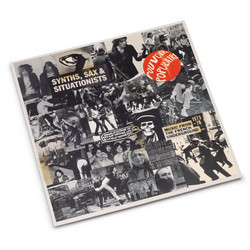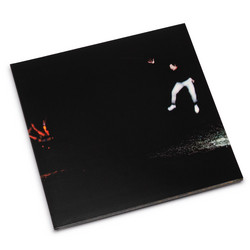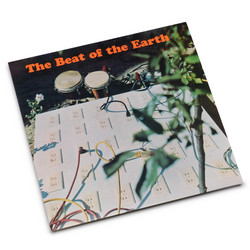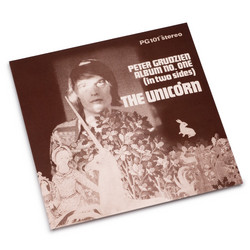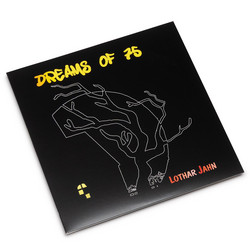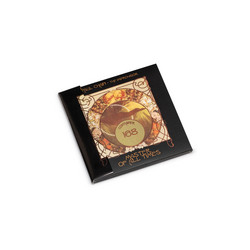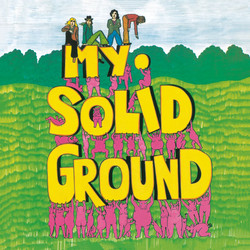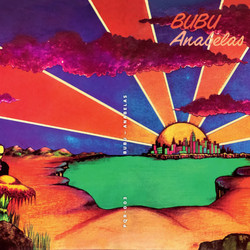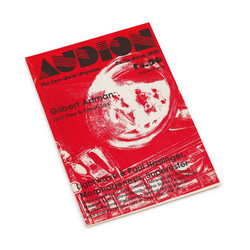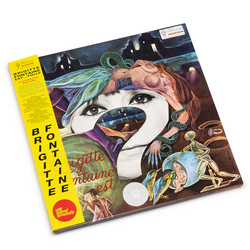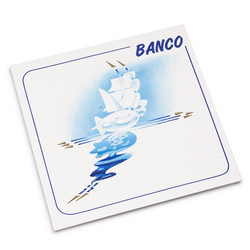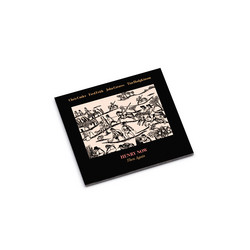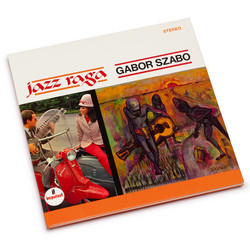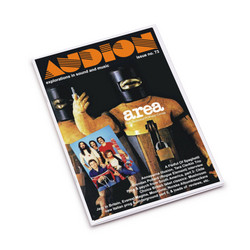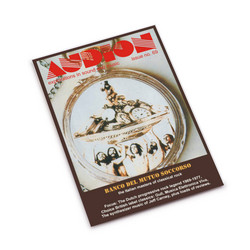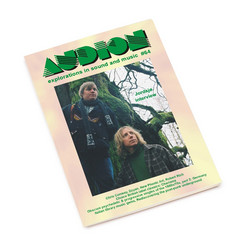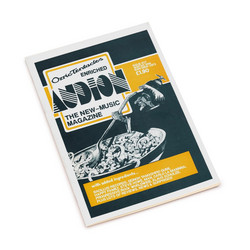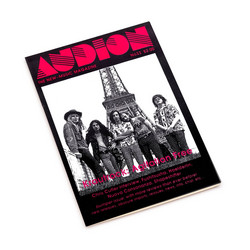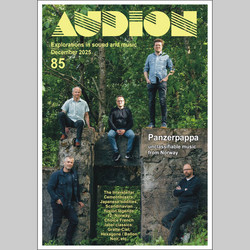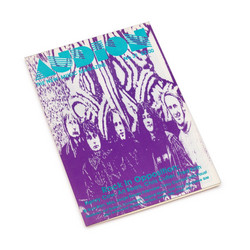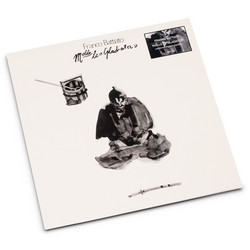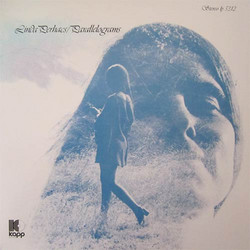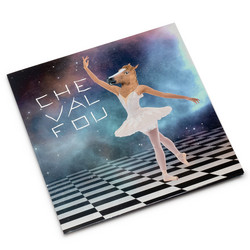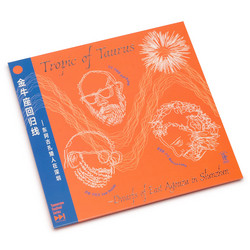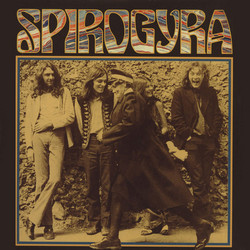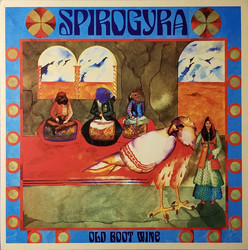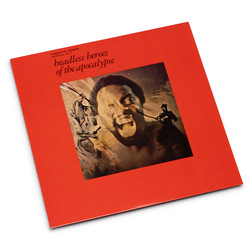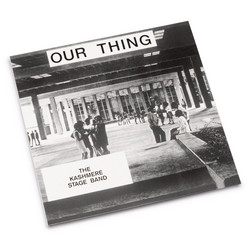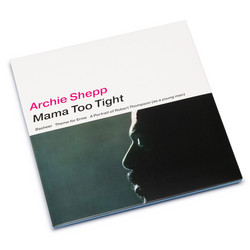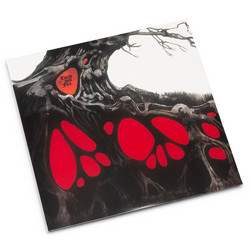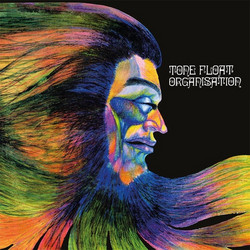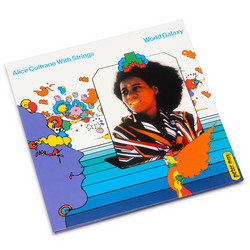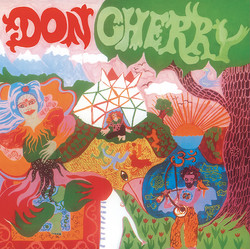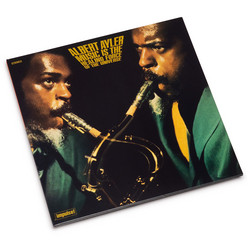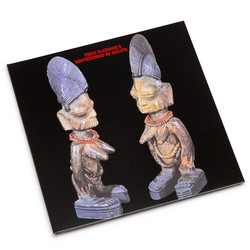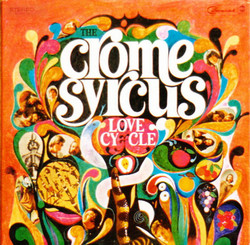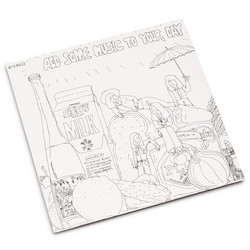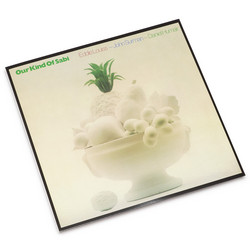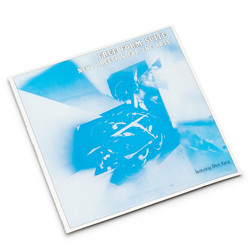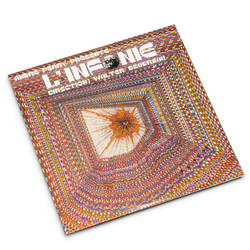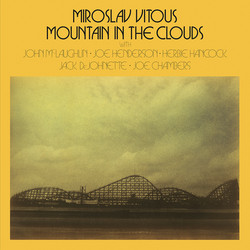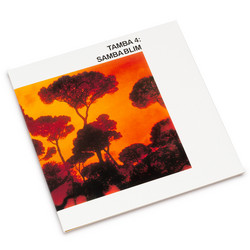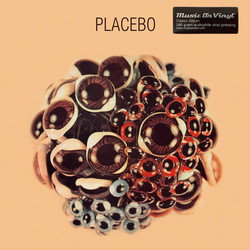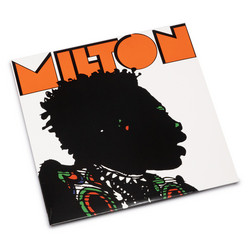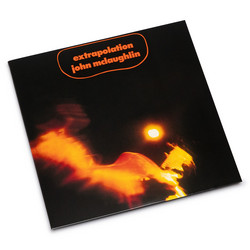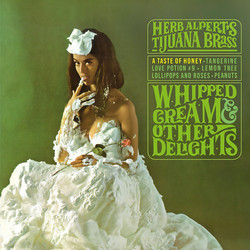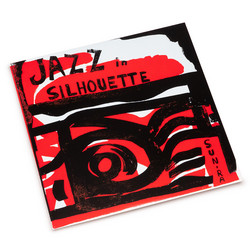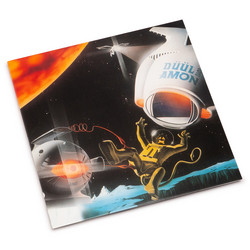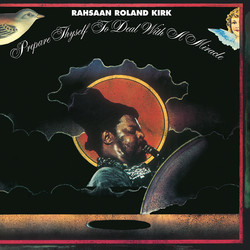In 1973, Spirogyra unveiled Bells, Boots and Shambles, an album that quietly subverted the conventions of both British folk and the burgeoning Canterbury scene. With core members Martin Cockerham and Barbara Gaskin at the helm, the record constructs a sparse and haunting sound world, less adorned than their earlier work yet imbued with a raw atmospheric intimacy. Gaskin’s vocals, a crystalline tapestry threading through waves of piano, cello, and subtle wind instruments, heighten the sense of longing and existential unease that infuses the record from its opening moments.
This was not the sprawling folk-rock exuberance of their debut, nor the slightly more commercial polish hinted at on their second album. Instead, Bells, Boots and Shambles strips back the ornamentation, allowing space for vulnerability and lyrical introspection. Cockerham’s songwriting leans into ambiguity and poetry, opting for narrative fragments and emotional undertow over straightforward storytelling. The guest musicians, ranging from jazz trumpeter Henry Lowther to renowned folk arranger Dolly Collins, contribute sensitive arrangements that never overtake the duo’s core vision. The result is an album equally comfortable with melancholy as with gentle hope, often compared to the moodier work of songwriters like Nick Drake but resolutely its own, drawing from English folk tradition while pushing restlessly toward something unclassifiable.
Initially, the album struggled to find commercial footing, its understated art-house sensibility at odds with the bombast of contemporary rock. Yet over the decades, Bells, Boots and Shambleshas drawn a persistent cult following. Critics and musicians point to its seamless blend of minimalism, folk lyricism, and eerie classicism as prescient, echoing through later waves of chamber pop and psych-folk. With Cockerham and Gaskin’s partnership at the album’s center, the work lingers, a testament to a time when songwriting could be both fragile and fearless, shunning easy anthems for something more ethereal and enduring.
